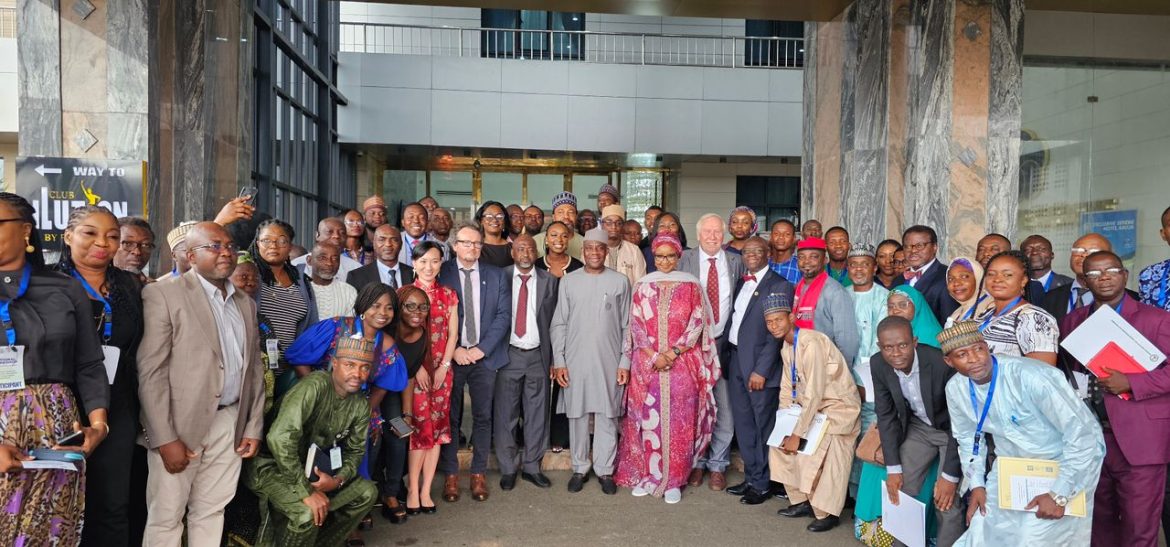By Haruna Gimba
The Nigeria’s Federal Ministry of Health has declared cancer as a notifiable disease in the country, signifying a towards milestone efforts to combat the burden of cancer.
The declaration was made by the Minister of State for Health and Social Welfare, Dr Tunji Alausa, during a workshop on cancer registration organised by the National Institute for Cancer Research and Treatment (NICRAT).
He said, “Today cancer is officially declared a notifiable disease in Nigeria. This declaration is a critical step towards strengthening our national response to the growing burden of cancer in our country.
“This decision to make cancer a notifiable disease is informed by the alarming increase in cancer cases and deaths in Nigeria.”
The minister quoted the World Health Organization (WHO), which described cancer as the second leading cause of death globally, “with approximately 127,000 new cases and 79,000 cancer-related deaths reported in Nigeria in 2022 alone.”
Dr Alausa decried that the lack of accurate data on cancer incidence and prevalence has hindered Nigeria’s ability to effectively plan, implement, and evaluate cancer control interventions.
According to him, making cancer a notifiable disease made obligatory for all private and public healthcare institutions in Nigeria are to report all cases of cancer they diagnose to the National Cancer Registry, hosted at the National Institute for Cancer Research and Treatment (NICRAT).
He stated that the registry will serve as a central database for cancer cases, providing vital information on cancer trends, patterns, and outcomes in the country.
“The reporting of cancer cases will enable us to improve cancer surveillance and monitoring, allowing for early detection and treatment of cancer cases; enhance our understanding of cancer epidemiology in Nigeria, informing evidence-based policy decisions and resource allocation.
“Develop targeted cancer control interventions, including screening programmes, treatment protocols, and palliative care services and strengthen collaboration and coordination among healthcare providers, researchers, and policymakers to combat cancer,” Alausa explained.
He urged all private and public healthcare institutions to comply with the directive, emphasising that it is crucial to the collective efforts to reduce the burden of cancer in Nigeria.
“The Federal Ministry of Health and Social Welfare will provide technical support and guidance to ensure a seamless reporting process. And I also assure Nigerians that the confidentiality and privacy of cancer patients will be protected, in accordance with international best practices and national guidelines.
“I also call on all stakeholders, including healthcare professionals, researchers, policymakers, and the general public, to join hands in this effort to combat cancer and improve the health and wellbeing of Nigerians,” he added.
A notifiable disease is a disease that, when diagnosed, requires health providers (usually by law) to report to state or local public health officials. Notifiable diseases are of public interest because of their contagiousness, severity or frequency, according to the Centre for Disease Control (CDC).




